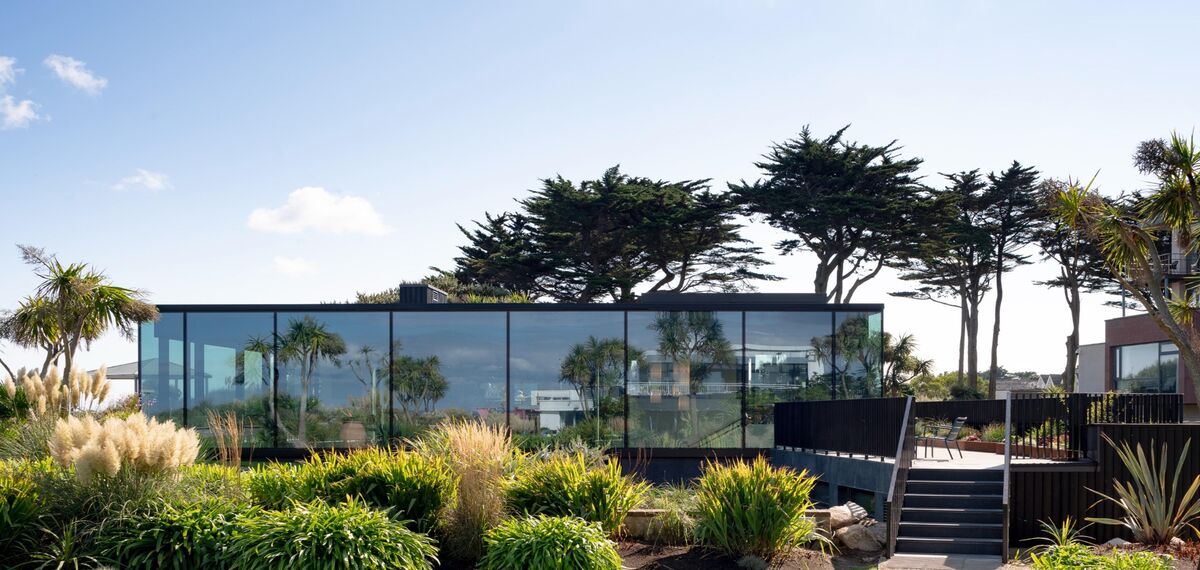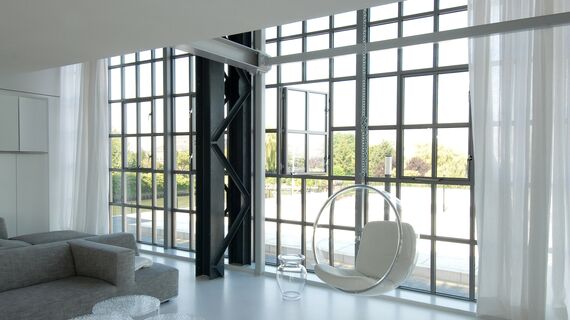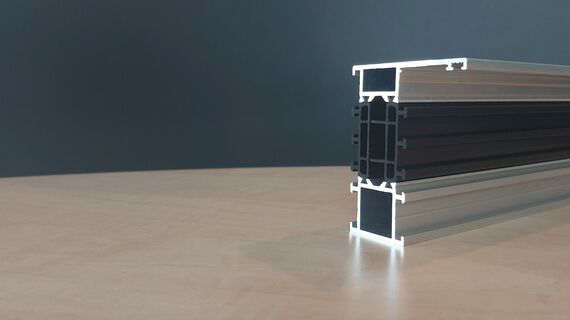The importance of biophilic design and why aluminium is so well suited to the practice
Biophilic design is a phrase we are starting to hear more often in architectural circles, but it is not a new concept.
The practice of biophilic design is about creating healthier, more productive, aesthetically pleasing spaces by connecting people to natural elements. It is an idea that has been used for centuries with the ancient Egyptians, Greek and the Romans all designing homes with a view to improve health and wellbeing. They used features such as outdoor spaces and virtual nature walls and demonstrated an ambition to create cleaner air, improved scents, and less noise pollution.
Why is there a renewed focus on combining the natural world with our living environments?
Thanks to numerous research studies we can now confirm what our ancient ancestors thought they knew all those centuries ago. Nature is good for us. But as the built environment in the UK continues to expand, and the expansive benefits of incorporating nature into our buildings is fully realised, biophilic design is growing in importance.
This means residential architects are having to pay even more attention to bringing the outdoors and indoors closer together, for example by finding ways to let more natural light in or framing the view of the natural environment outside in a more obvious way, and of course, all while using sustainable building products to do so.
Aluminium sliding and bi-folding doors in biophilic design
Glazing systems have seen enormous amounts of innovation over the last 20 years and now play a crucial role in fulfilling the human need for well-being and connection with nature. Sliding and bifolding doors especially have a lot to offer to meet the demands of architecture and construction in the 21st century.
Aluminium glazed windows and doors have an advantage over other materials when it comes to biophilic design because the material is inherently strong and can therefore deliver high performance security and energy efficiency within a narrower frame, allowing for more glass. This gives more scope for residential architects looking to connect interior and exterior spaces through biophilic, minimalist design.
As well as providing the opportunity for large, glazed openings that can frame views of the outdoors as living artworks and enhance both physical and emotional connection to the external environment, aluminium has several unique material properties that make it a strong choice for connecting to nature sustainably.
Energy efficient
Thanks to an additional piece of material that is now inserted within the frame of aluminium windows and doors, creating a thermal break, the material is hugely energy efficient allowing it to meet and even exceed current building regulations. Heat transfer between indoors and outdoors is prevented, keeping the interior space warm, and saving residents money on fuel bills.
Recyclable
Aluminium is virtually 100% recyclable and doesn’t lose any of its characteristics when recycled. This means it is often recycled successfully and more than once in its lifetime, which is demonstrated by the fact that 75% of all aluminium produced over the last 140 years is still being used today.
Lifespan
The building material also has a long lifespan so potentially doesn’t need to be replaced and therefore recycled as often as other building materials. Aluminium boasts a lifespan of 30-40 years which ensures any sliding folding doors made from the material are durable, robust, and retain their insulating properties for a long time.
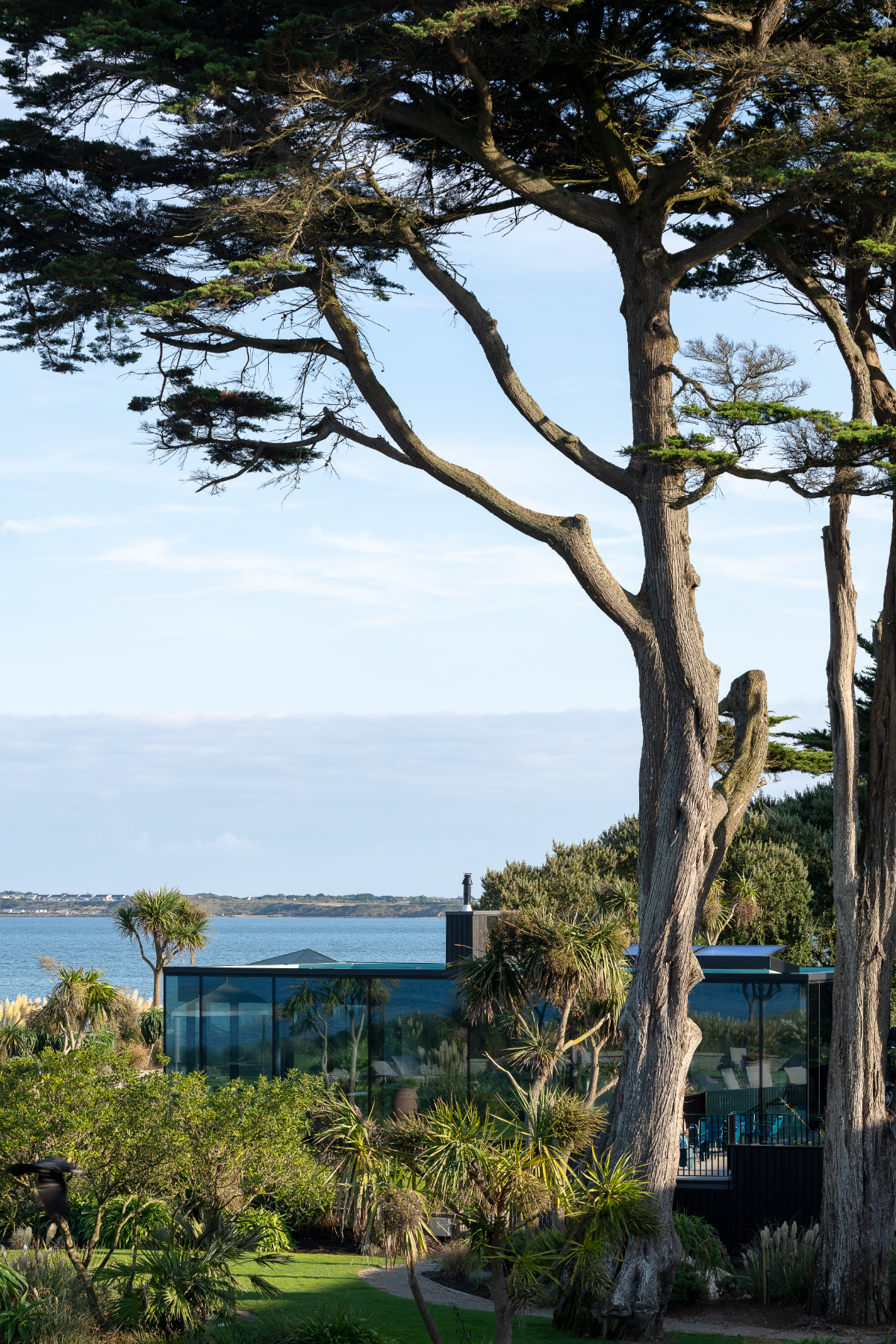
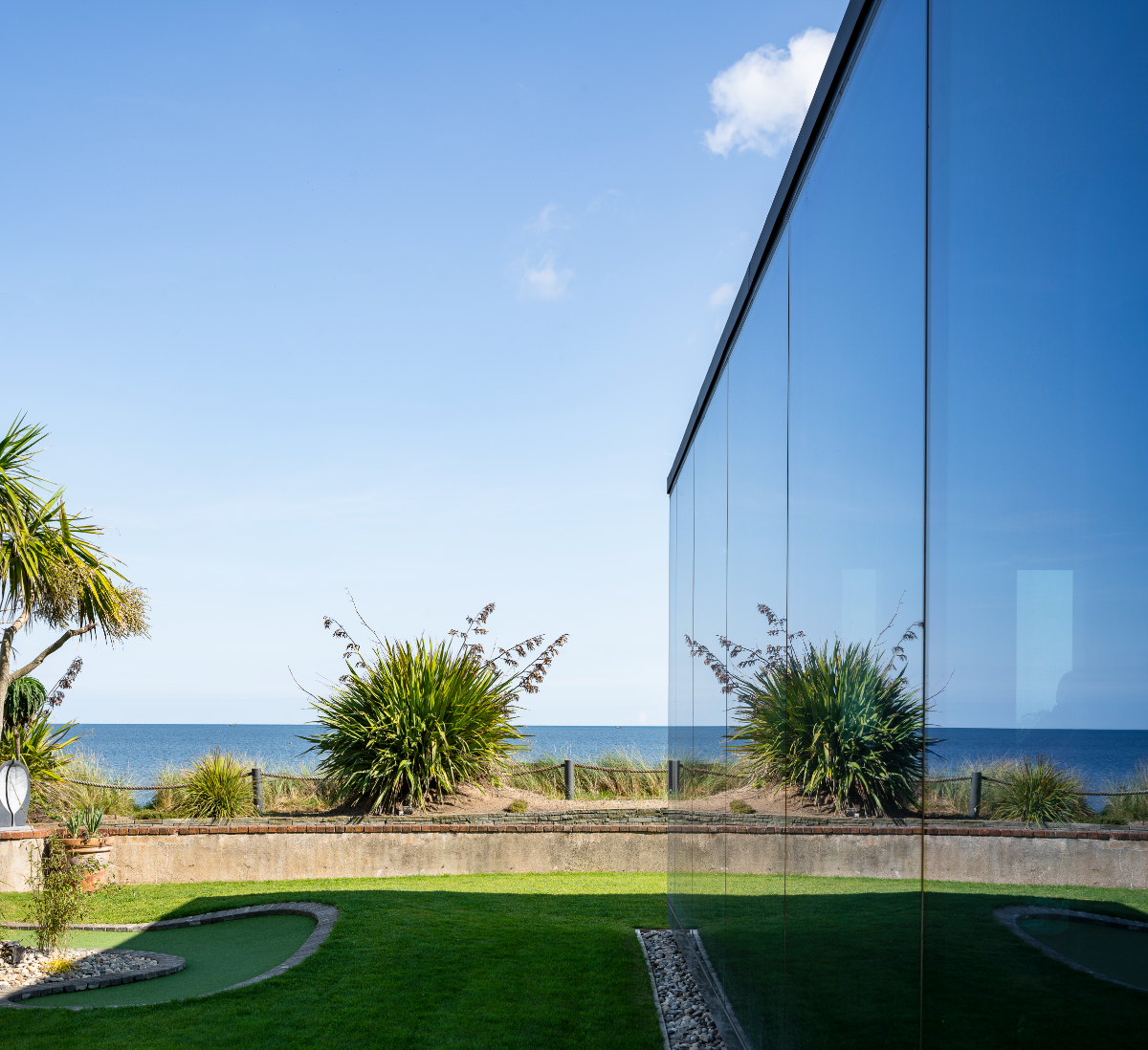
Low carbon
Different manufacturers are on different trajectories when it comes to the low carbon production of building materials. Reynaers Aluminium has published Reynaers Act to demonstrate our commitment to reduce our carbon footprint by for example using greener vehicles and utilising renewable energy, by 2030.
Whilst low carbon is an important factor, we look at sustainability from every angle to ensure we reduce our direct and in-direct carbon emissions and have signed up to the Science-based target initiative (SBTi) underlining our commitment to achieve a specific carbon-reduction goals by 2030.
High performance without compromise
While sustainable biophilic design grows in importance, it cannot be at the expense of meeting the demanding thermal, acoustic, and structural performance targets in place for aluminium sliding folding doors. Reynaers Aluminium test and specify all our systems to meet the latest UK Building Regulations and British Standards ensuring compliance across energy, safety, and sustainability. This ensures residential architects can confidently specify our products for any project.
If you are a residential architect looking for advice about any aspect of aluminium windows and doors, please contact a member of our team, or sign up for our CPD, Memories of Green

